Trouble With Harry, The (1955)
“Frankly, I don’t care what you do with Harry, as long as you don’t bring him back to life.”
|
Synopsis: |
|
Genres, Themes, Actors, and Directors:
Response to Peary’s Review: Yes, the story is decidedly one-note, but it’s based on a clever conceit, and works well if you’re in the right mood. As far as pacing is concerned, the storyline simply follows its own leisurely logic rather than the usual thrill-a-minute velocity one expects in a Hitchcock flick; and in terms of style, Hitchcock and d.p. Robert Burks make lovely use of the Vermont countryside, with many establishing shots literally bursting with vibrant fall colors. With regards to humor, while not all of the “jokes” in the film work (i.e., the “gag” about a millionaire wanting to buy all of Forsythe’s painting, only to find him either absent or suddenly unwilling to sell, falls flat), there’s a steady undercurrent of dark, dry humor that bolsters the film. Indeed, Hitchcock was actually quite the cinematic experimenter, always interested in stretching his own boundaries and trying new approaches — here, he was purposely trying out a more “subtle” form of humor on American audiences. (Apparently European audiences were more receptive, given that it played for a year or more in England, Italy, and France.) He also purposely kept his cast free from big-name stars — and nearly everyone involved (only Forsythe rubs me the wrong way) shines in their respective roles. Gwenn is perfectly cast as an amateur hunter convinced he’s accidentally shot Harry; his budding romance with Natwick (equally convinced she’s guilty of manslaughter, and given to exaggerating the truth about her age) is quite sweet. Meanwhile, it’s clear to pretty much everyone who sees the film that its “major point of interest is the debut of young Shirley MacLaine”, whose “performance — the matter-of-fact delivery of lines, and the weird rhythm of her speech — is disarming”, and whose natural beauty is refreshing. Her unusual casting has gone down in cinematic history: she had no movie experience at all, and was shocked at being chosen, but Hitchcock apparently said to her, “All this simply means is that I shall have fewer bad knots to untie.” Redeeming Qualities and Moments:
Must See? Categories
Links: |
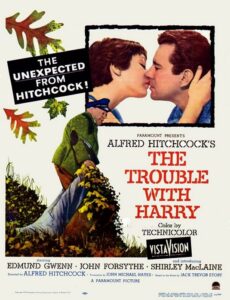
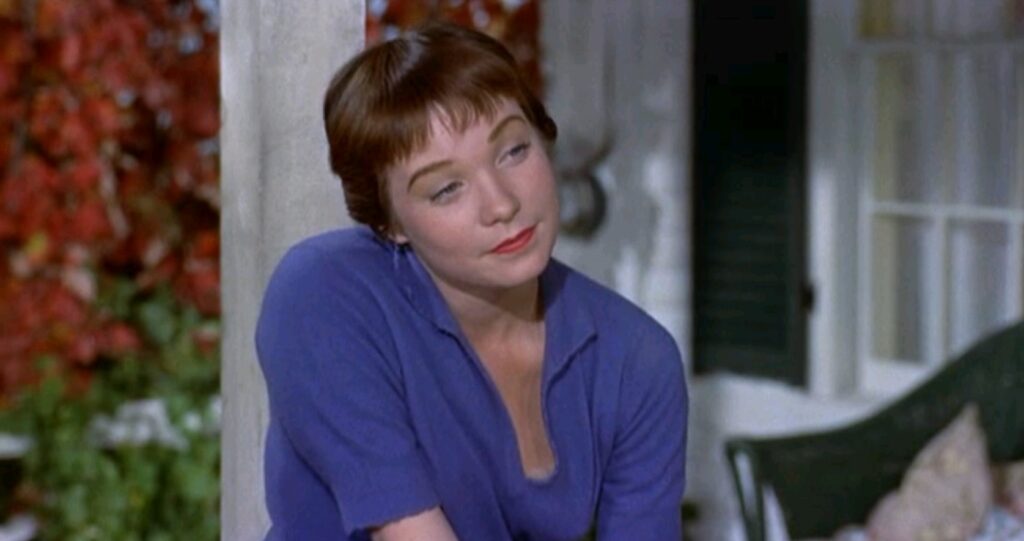
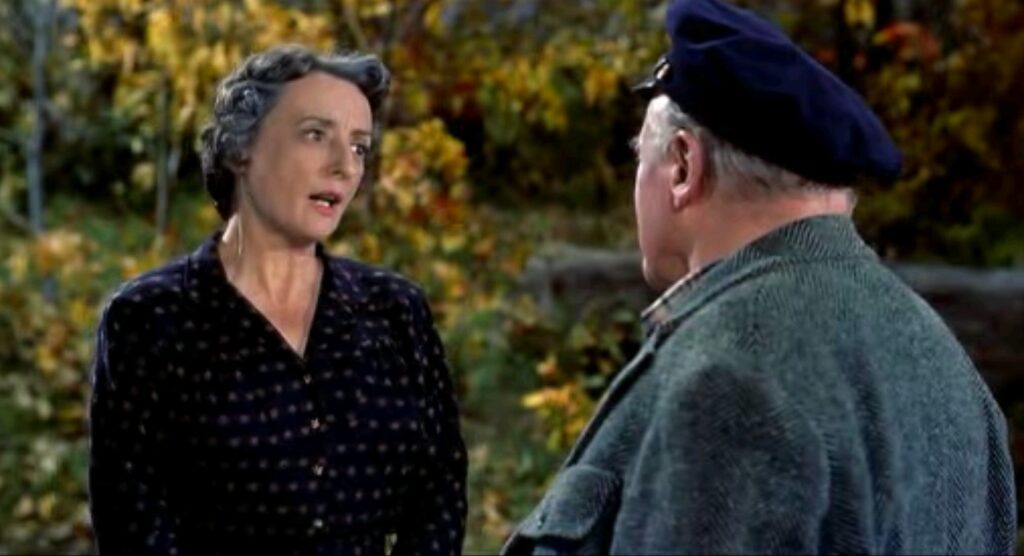
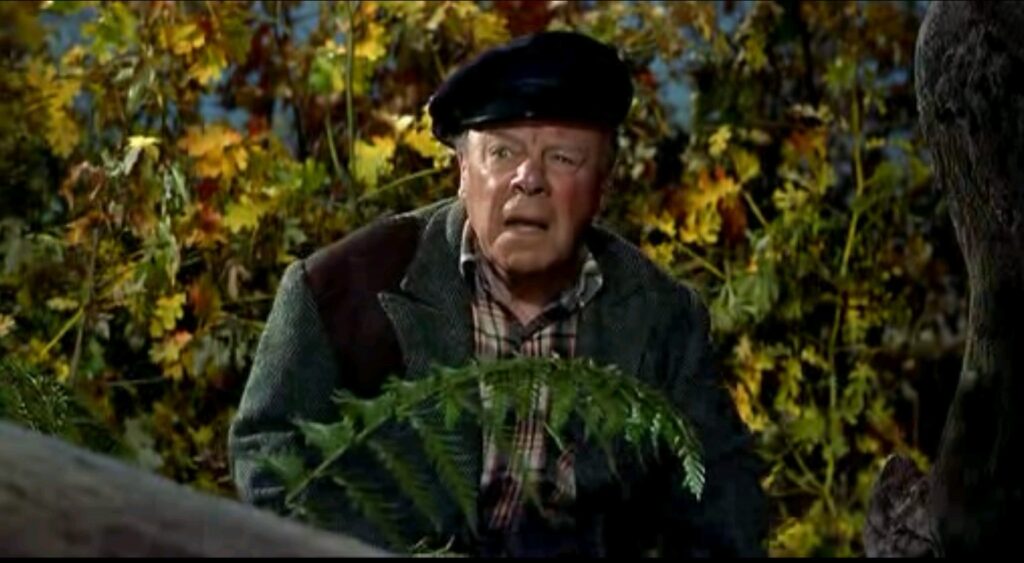
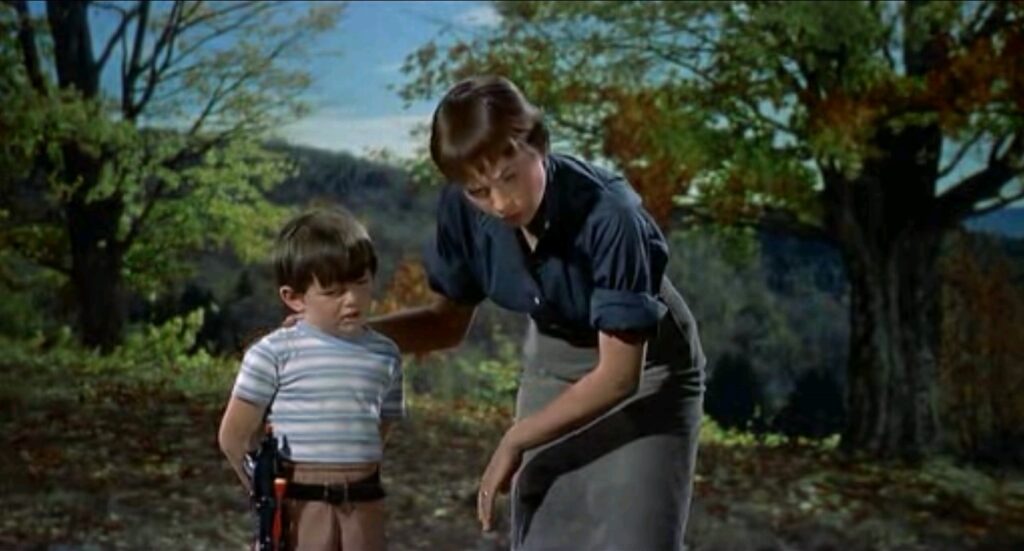
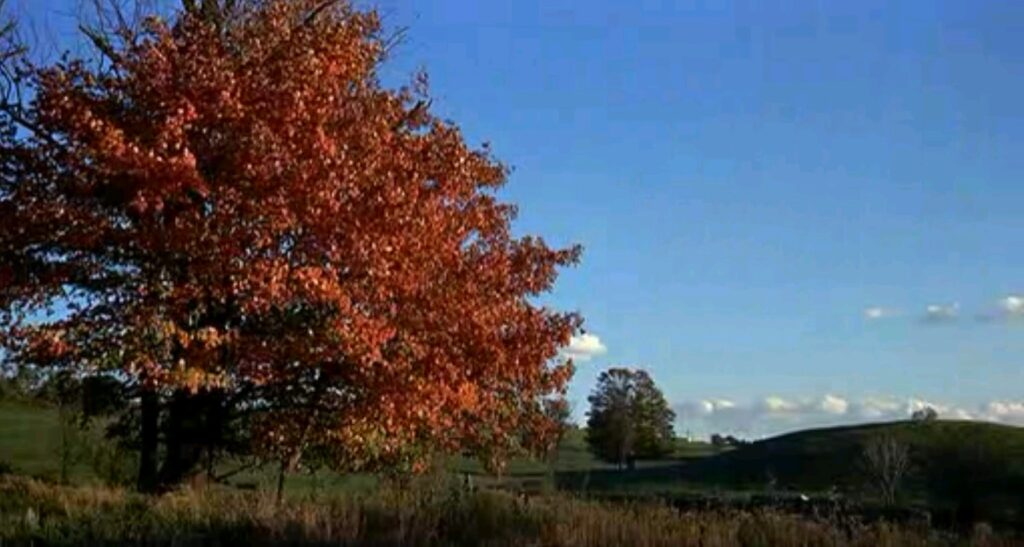
One thought on “Trouble With Harry, The (1955)”
A rather enthusiastic must – which surprises me, because…
~I can see where this would be a hard Hitchcock film to take to (and, of course, I run hot-and-cold on Hitch anyway). Certain things do work against it, esp. for modern audiences: the number of talky/static scenes, the droll dialogue, the seemingly one-note-ness of it all.
But my guess is that Hitch and his cast seemed to be enjoying themselves quite a bit. (I’m fairly certain Hitch was, anyway. Here was an opportunity for him to take his stock-in-trade and trade it in for laughs in an unexpected way. I don’t feel his effort was “half-hearted” at all. I can imagine him giggling throughout – if one can imagine Hitch giggling.)
I do wish the sound-stage scenes didn’t stand out in relief to the natural, bucolic setting – because they’re no relief at all; they distract. But that’s actually a minor quibble here. (It’s too bad studios didn’t catch on sooner to how such a strong combo of natural/unnatural settings would affect audiences in years to come. And too many of Hitch’s films fall victim to this glaring practice.)
Cleverly under-played by the cast, ‘TTWH’ is a film that builds quite nicely to its conclusion. The pay-off is slow and steady in coming and quite charming when it arrives.
Of course, we’re in something of an alternate universe here. Hardly anybody seems to work. (Mildred Dunnock runs the town store and most of her business seems to be on account.) And when Forsythe does sell his paintings, he does so in a selfless manner which, though Capra-esque and admirable, defies all logic (though it’s implied he might be able to one day support himself, after all – but what about now?).
Fave scene: MacLaine’s detailed explanation (and her delivery) of her past with Harry and his brother.
If you decide to put yourself “in the right mood”, ‘TTWH’ rewards quite pleasurably. Could this be the most gentle thriller ever made?